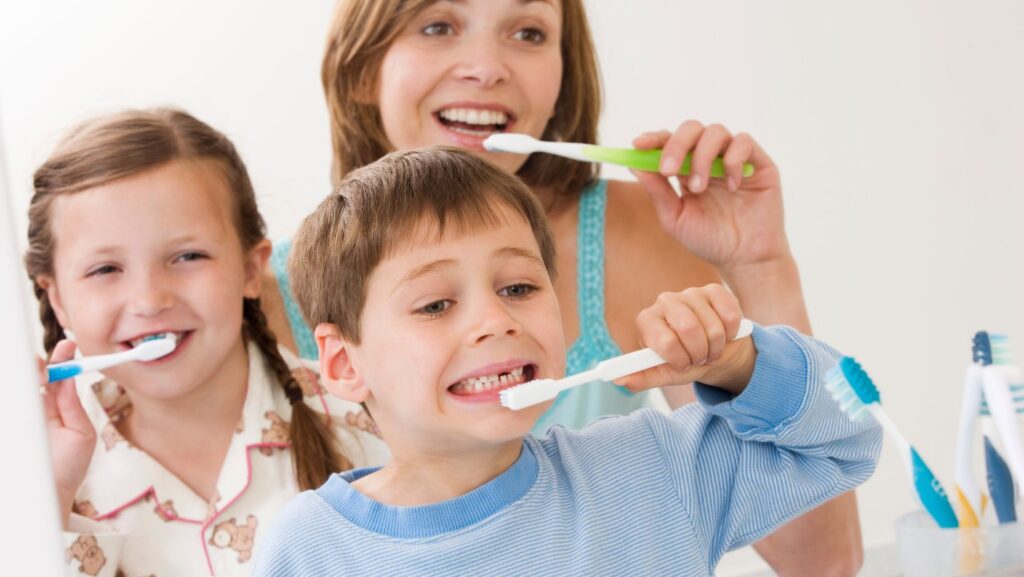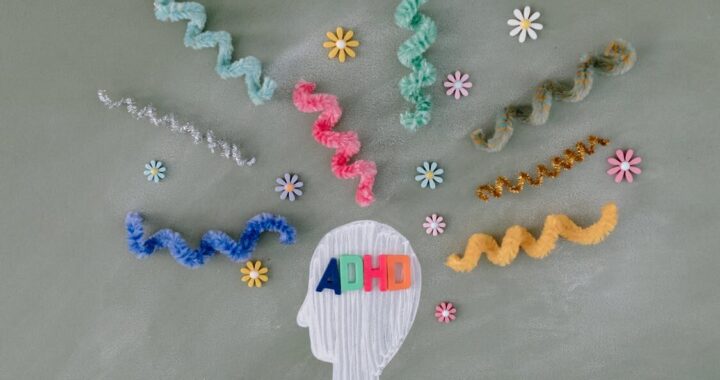
Why Your Child Suddenly Hates Brushing—And How to Make It Fun Again
One day your child is happily brushing their teeth with their favourite toothbrush, and the next, it’s a full-on battle at bedtime. Sound familiar? If your child has suddenly turned against brushing, you’re not alone — and you’re not failing as a parent. It’s actually a common phase, and the good news is, with a few small changes, you can turn things around. While keeping up with dental visits and seeing a paediatric dentist Sydney families trust is key, the daily routine at home is where long-term habits are really formed.
What’s Really Going On?
There are a few reasons why brushing suddenly becomes a problem for kids who used to be fine with it. For toddlers and preschoolers, it’s often about control — they’re learning to assert their independence, and brushing might feel like one more thing being “done to them.” For older kids, boredom or sensory discomfort (taste, texture, noise) can make the experience feel unpleasant. And for many, brushing just feels like a chore — no reward, no fun.
Recognising the root cause is the first step. From there, you can adjust how you approach it.
Don’t Force It — Reframe It
Brushing shouldn’t feel like a punishment or a power struggle. Instead of reminding them that brushing is “important,” shift the tone to something more fun and positive. Try turning it into a game, singing a silly song while they brush, or using a sticker chart to track their success. If your child likes stories, pretend their teeth are superheroes fighting off sugar bugs — the brush is the hero, and the toothpaste is their superpower.
The more playful the routine, the more likely they’ll go along with it — especially if it becomes a moment of connection rather than conflict.
Give Them a Say (Even a Small One)
Kids love to feel involved in their own choices. Let them pick their toothbrush colour, choose between two toothpastes, or decide which song you’ll play during brushing time. These tiny decisions give them a sense of ownership over the process and reduce resistance. You can also offer a choice like “Do you want to brush first or do you want me to start?” rather than “It’s time to brush your teeth now.”
Even if the outcome is the same, the feeling of having a say can make a big difference in how they respond.
Use Tools That Make It Easier
Sometimes the problem is practical — they’re not brushing well because the brush is too hard, the toothpaste is too minty, or they can’t reach all their teeth. Try brushes with soft bristles and smaller heads designed for kids, and consider flavours they enjoy (some kids hate mint and prefer fruit flavours).

For little ones, electric toothbrushes can be helpful. The vibration often feels fun or ticklish rather than boring, and the built-in timers help ensure they brush for long enough.
Don’t Expect Perfection
At a young age, your child probably isn’t going to do a flawless brushing job. That’s okay. The goal at this stage is to build the habit — not perfection. You can always do a “parent pass” after they’ve had their go, and make it part of the fun. Keep it lighthearted: “Let me see if I can find any sneaky sugar monsters you missed!”
By taking the pressure off and focusing on routine over results, your child will feel less stress and more engagement.
Praise the Effort, Not Just the Result
Celebrate their willingness to try — not just the end result. “You did a great job brushing your teeth tonight” is good, but “I love how you remembered to get your back teeth” or “That was super fast! High five!” is even better. This kind of specific, effort-based praise reinforces positive behaviour and encourages them to keep going.
Even if they only brush for 30 seconds one night, acknowledging that they tried builds trust and motivation for next time.
Know When to Ask for Help
If the resistance persists or you’re worried your child isn’t getting proper oral care, don’t hesitate to chat with your dentist. Paediatric dental professionals have seen it all, and they can help identify if there’s an underlying issue — like a sore tooth, sensitivity, or anxiety — that needs to be addressed.
Even a simple check-up can help reinforce the importance of brushing in a way your child might accept more easily from someone else. And sometimes, hearing tips from a professional (in a fun, kid-friendly way) makes all the difference.
Finding the right dental expert isn’t just about regular cleanings—it’s also key when you need specialized care! When you’re looking for someone skilled in making smiles look their best, a focused search is super helpful. To quickly find an experienced pro right in your area, you can search for terms like cosmetic dentistry Worcester or dentist near me.
A Small Shift Can Change Everything
Brushing battles don’t have to become a daily stress. With a mix of patience, playful strategies, and the right tools, you can make brushing feel less like a chore and more like a normal — even fun — part of your child’s day.

Start small, stay consistent, and keep the mood positive. Those few minutes twice a day will pay off in healthy habits that last long after the battles have ended.





